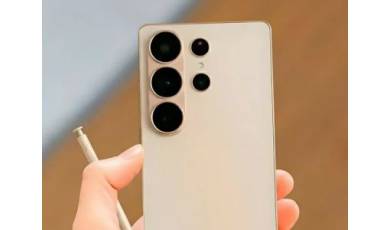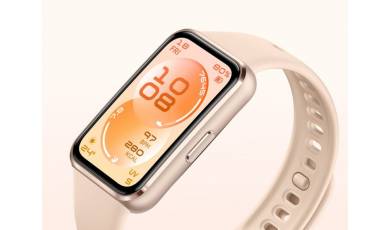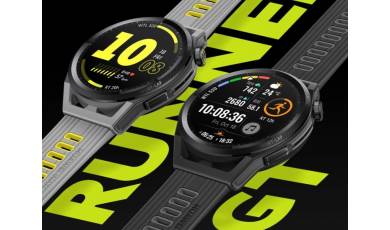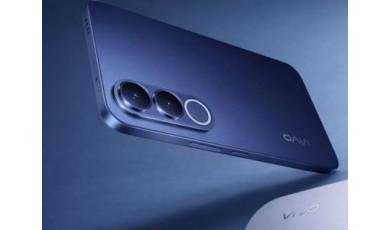GSTAR B81 specs.
Mobiles >> Gstar >> GSTAR B81| Specifications | Reviews | Secret codes |
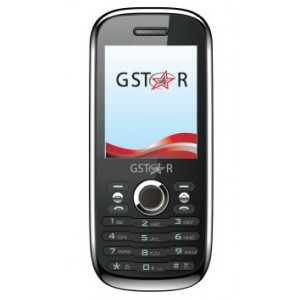
Display GSTAR B81
Primary display:
TFT
Secondary display:
No
Storage GSTAR B81
Memory Card:
MicroSD,
Main Camera GSTAR B81
Primary camera:
Selfie camera GSTAR B81
Secondary camera:
No
Sound GSTAR B81
Headphone:
Yes
Network GSTAR B81
EV-DO:
No
GPRS: General Packet Radio Service
General Packet Radio Service
Yes
GSM:
900, 1800
EDGE:
No
Connectivity GSTAR B81
Wi-Fi: Wireless lan technology
Wireless lan technology
No
NFC: Near field communication
Near field communication
No
GPS: Global Positioning System
Global Positioning System
No
Bluetooth: Bluetooth is used to exchange data between nearby mobile devices.
Bluetooth is used to exchange data between nearby mobile devices.
No
HDMI:
No
Hotknot:
No
USB: Universal Serial Bus
Universal Serial Bus
Yes
Infrared:
No
Battery GSTAR B81
Capacity:
Li-Ion
Size GSTAR B81
SIM:
Mini-SIM, Dual-SIM
Colors:
black
Comments, Questions and Answers about GSTAR B81
Ask a question about GSTAR B81

